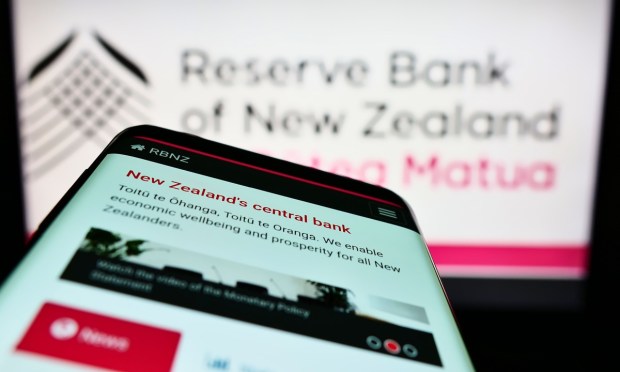The head of New Zealand’s central bank is not a fan of stablecoins.
Reserve Bank of New Zealand Governor Adrian Orr voiced concerns about the digital currencies during a parliamentary committee meeting Monday (Feb. 12), calling them “the biggest misnomers,” “oxymorons” and not a replacement for fiat money.
“Stablecoins are not stable,” said Orr, whose comments were reported by Bloomberg News. They’re only as good as the balance sheet of the person offering that stablecoin.”
As the report notes, critics of stablecoins — pegged to another asset and using large reserves to back their value — say that the coins could potentially upturn the larger financial system, as they themselves can be hurt by troubles in the traditional markets.
According to the report, Orr was asked whether central banks worry that independent digital currencies could undermine the world’s financial system.
“The answer is yes, critically concerned,” he said. “Mostly in that what is advertised on the tin is not what is in the tin for these purported alternatives to central bank cash.”
Orr added that bitcoin is not a means of exchange “yet people try to use it as that.”
“It’s got other purposes but it is not at all a substitute for, not even a complement to, central bank money,” he said.
Orr’s comments come days after U.S. Treasury Secretary Janet Yellen appeared before the House Financial Services Committee, saying that there are still concerns about stablecoins.
Yellen testified that the Financial Stability Oversight Council, in monitoring various risks, “has focused on digital assets and related risks such as from runs on crypto-asset platforms and stablecoins, potential vulnerabilities from crypto-asset price volatility, and the proliferation of platforms acting outside of or out of compliance with applicable laws and regulations.”
In addition, Yellen said that applicable regulations need to be enforced, and called on Congress to pass a law that would regulate stablecoins as well as the spot market for crypto assets that are not securities.
“This last point, the distinctions for digital holdings that are ‘not securities’ spotlights the changes that might loom for the cryptos and coins that are holdings meant to be tied to stores of value and/or to be used to, well, buy things,” PYMNTS wrote last week.
The report also referenced a two-year-old Federal Reserve blog post titled “The Future of Payments is Not Stablecoins,” which argued that the reserve backing of stablecoins can tie up assets and reduce liquidity, and that tokenized deposits may prove the better option.
And PYMNTS data from around the same time showed that more than a third of businesses considered the embrace of blockchain and crypto/stablecoin solutions risky.

